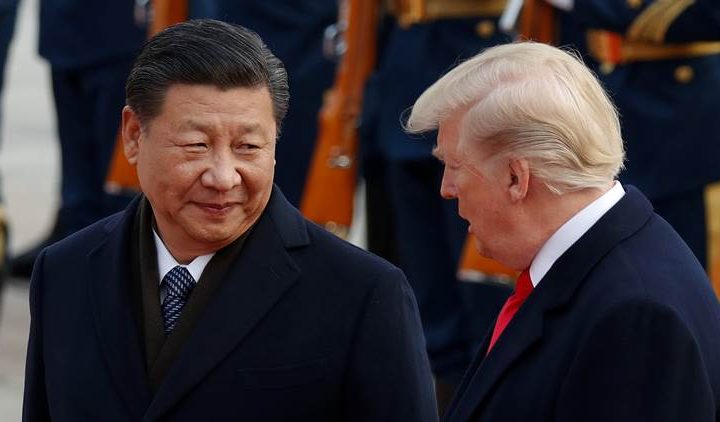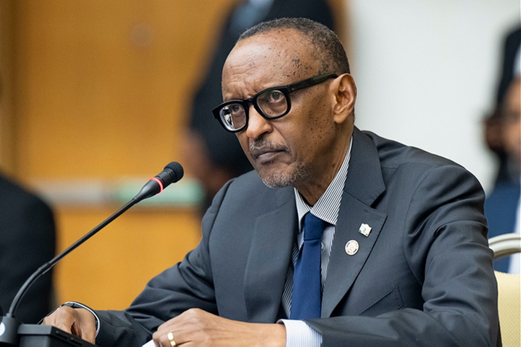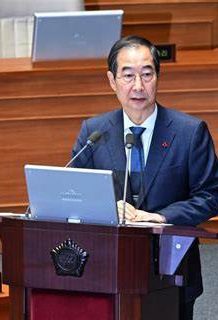In a bold move to continue the severing of ties with it colonial past, Niger Republic has officially replaced French with Hausa—the second most widely spoken African language—as its national language, marking a decisive shift from over a century of French dominance.
The change was contained in a new charter published on March 31 by the military government, declaring Hausa the national language while retaining French and English as “working languages.”
The decision signals another departure from French colonial practices that have persisted since Niger became a French colony in 1922 and continued even after independence in 1960—until the military junta seized power in July 2023 and began dismantling France’s influence.
Join our WhatsApp ChannelREAD ALSO: BREAKING: Niger Coup Leaders Form New Government
Since toppling democratically elected President Mohamed Bazoum last year, the junta has taken sweeping steps to erase France’s imprint, including expelling French troops, replacing colonial-era roads and infrastructure names with local ones, and strengthening ties with Russia and African allies in the Sahel region. Now, the removal of French as the national language—a decades-old symbol of colonial legacy—marks one of the most symbolic breaks yet.
Hausa, spoken by over 100 million people across West and Central Africa, is already the dominant language in Niger, where nearly all of the country’s 26 million people speak it. By contrast, only about 3 million Nigeriens are fluent in French, despite its long-standing status as the official language.
READ ALSO: ECOWAS Gives Niger’s Military One-Week Ultimatum To Reinstate Bazoum
The new charter also recognises nine other indigenous languages—Zarma-Songhay, Fula, Kanuri, Gourmanche, and Arabic among them—as “the spoken languages of Niger.”
Niger’s move mirrors actions by neighbouring military-led former French colonies Mali and Burkina Faso, which have also rejected French influence, withdrawn from the Organisation Internationale de la Francophonie.
Analysts see this as part of a broader rejection of Western influence in Africa’s Sahel region, where anti-French sentiment has grown amid accusations of neocolonialism.















